
- Article
- Article
Sex work and critical campaigners
When campaigners filmed secretly in the club where she worked, exotic dancer Ella Smith felt frightened and degraded. Here she speaks out about the attack on her livelihood.

- Article
- Article
Dial ‘S’ for sex
In pre-internet days, phone boxes became a patchwork of ‘tart cards’ offering sexual services. Find out about the clandestine world they hint at.

- Article
- Article
The bishop’s profitable sex workers
How did the Church rake in revenue from 14th-century sex regulations? Kate Lister explores a bishop’s lucrative rulebook.

- Article
- Article
Selling sex and sacrificing safety
Sex workers who report crimes against them can face a “what do you expect?” attitude. But one organisation is working to protect vulnerable people in the sex industry.

- Article
- Article
Nymphomania and hypersexuality in women and men
The history of nymphomania is closely bound with society's views on women and their sexuality.
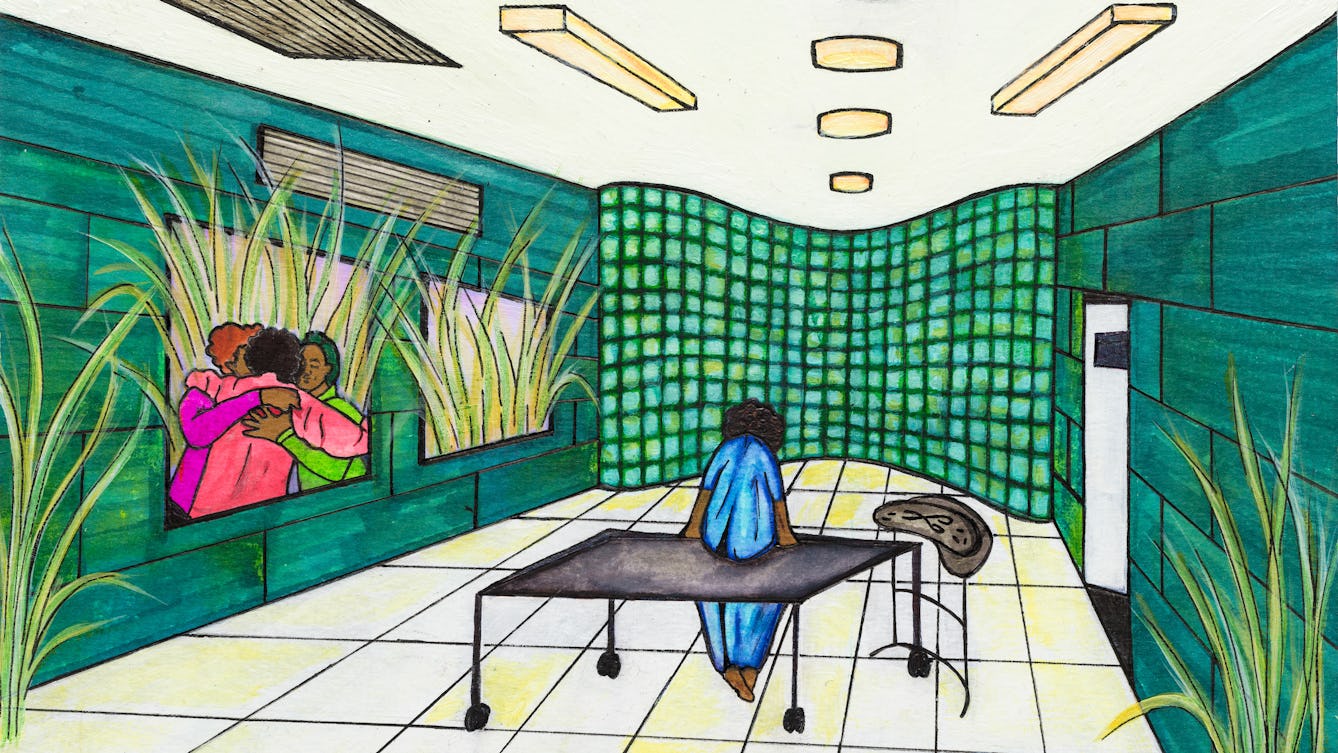
- Article
- Article
What Black women do when the NHS fails them
Sabrina-Maria Anderson explores misogynoir – hatred of Black women – within the NHS, and how women like her are consequently turning to other sources of medical support.
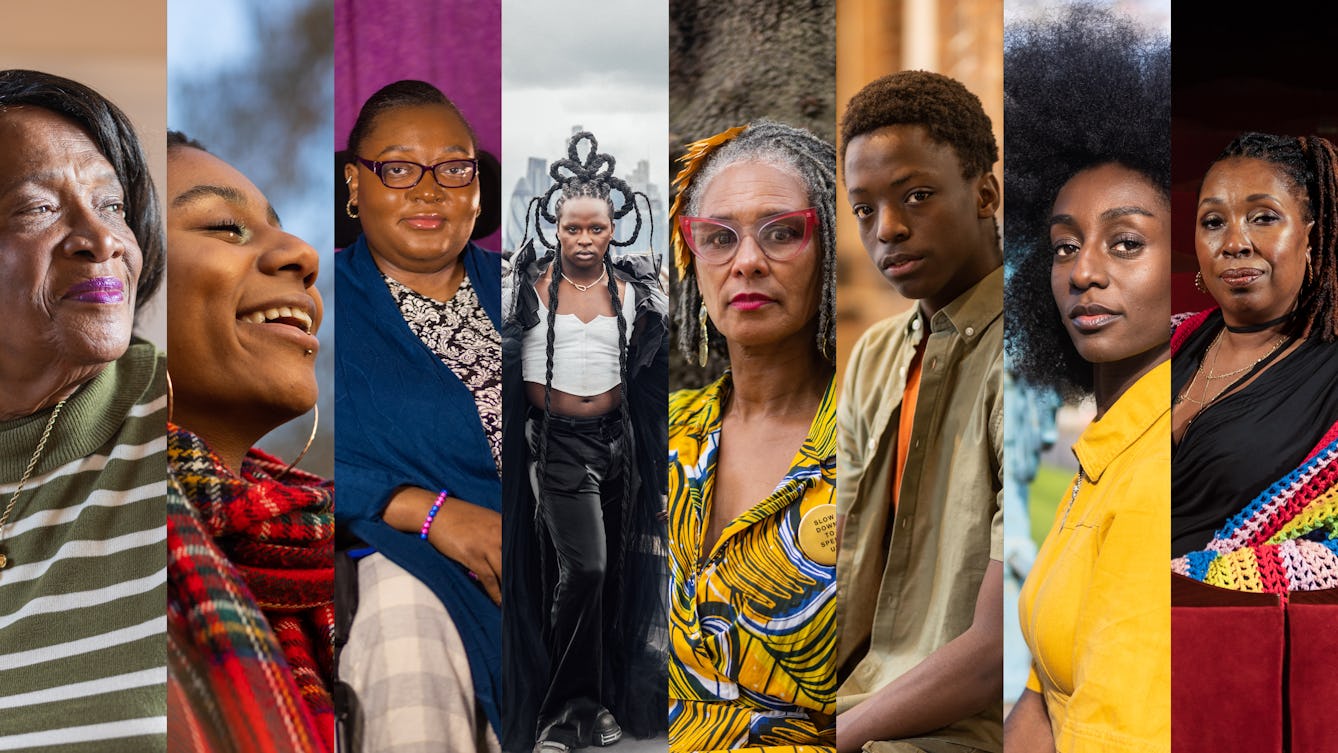
- Photo story
- Photo story
‘My Hair Is Not…’
Eight Black people talk about their relationship with their hair – their hairstyle history, their experiences, and how they decided to have natural hair.
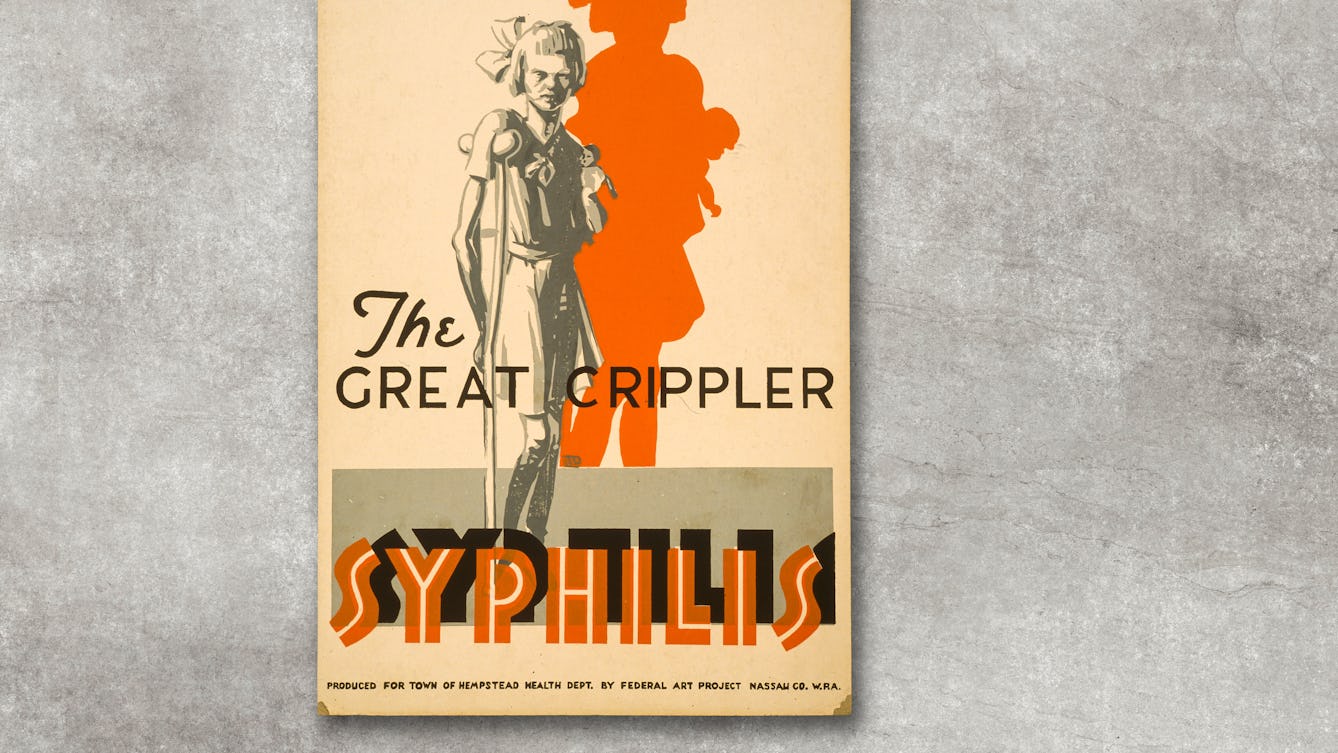
- Article
- Article
Public health campaigns and the ‘threat’ of disability
By continuing to represent disability as the feared outcome of disease, public health campaigns help to perpetuate prejudice against disabled people.

- Article
- Article
The prostitute whose pox inspired feminists
Fitzrovia, 1875. A woman recorded only as A.G. enters hospital and is diagnosed with syphilis.

- Article
- Article
Blood money: Taking periods out of poverty
Periods are not a wound that needs to heal, nor is the blood a sign of injury. So why are we still so repelled by them?

- Article
- Article
The law of periodicity for menstruation
Dr Edward Clarke's Law of Periodicity claimed that females who were educated alongside their male peers were developing their minds at the expense of their reproductive organs.

- Article
- Article
The work of wet-nursing
Many of us know that in the past, babies were sometimes nourished by wet-nurses. But, perhaps surprisingly, the practice continues today – and the milk recipients are not only babies.

- Long read
- Long read
Our complicated love affair with light
Sunlight is essential, but our relationship with artificial light is less clear cut. It expands what’s possible; it also obscures and polices. In this long read, Lauren Collee pits light against night, and reveals the shady places in between.
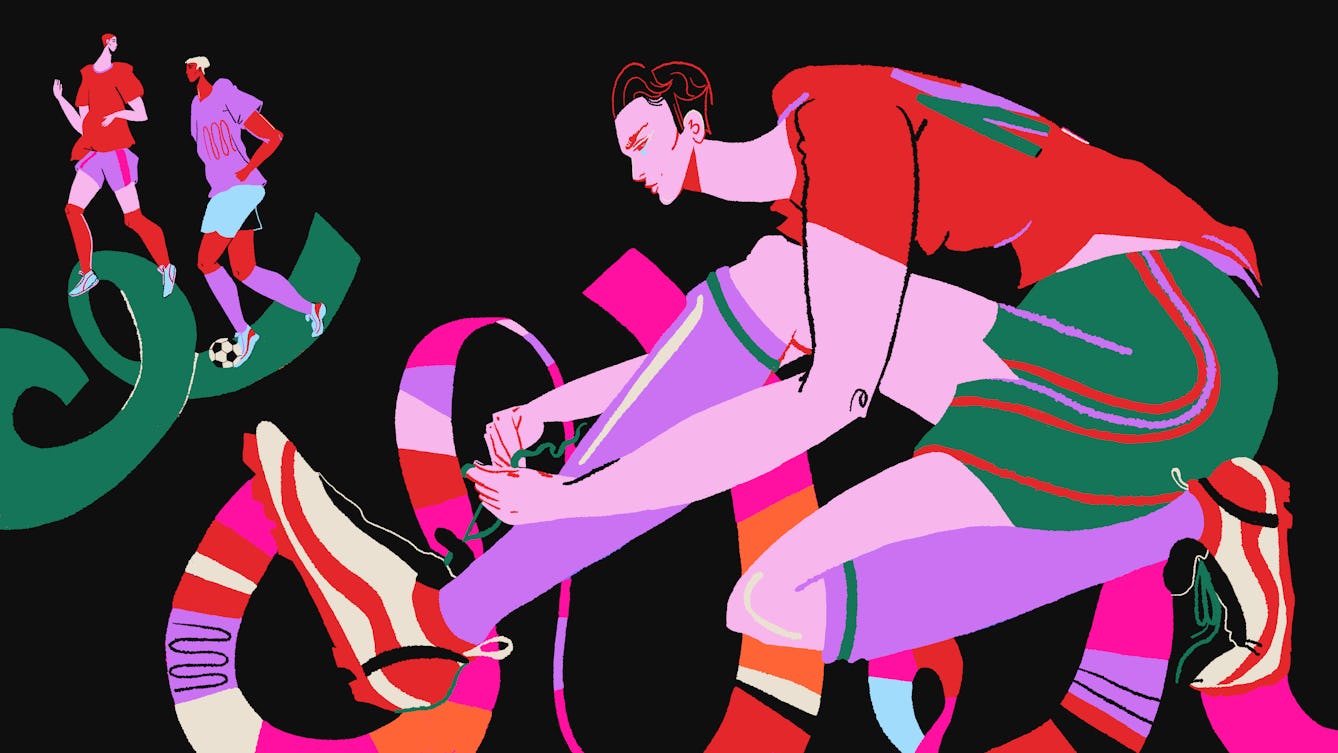
- Article
- Article
Rediscovering a love of the game
Sexism and homophobia in football prompted Lara Goodwin to stop playing the sport at 19. Today, while discrimination in the game is still rife, Lara has found hope – and like-minded players – in an inclusive east London club.

- Interview
- Interview
How to design an HIV awareness campaign
Using carefully crafted, colourful graphics is one public health team’s creative approach.

- Article
- Article
Leaving Mexico and finding refuge in hope
In Mexico, violence of all kinds – organised, street, domestic – is accepted as normal. From the UK, Laura Morales speaks out and fights to help those suffering back home.
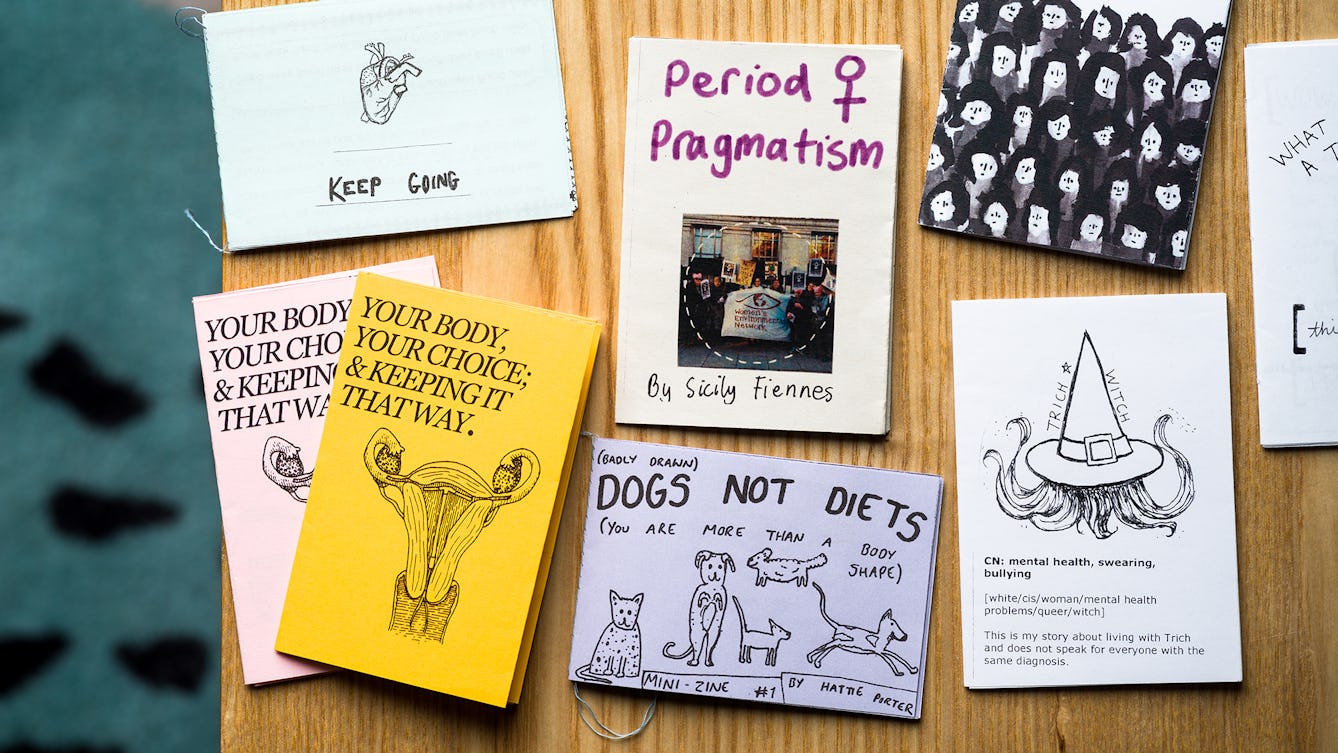
- Article
- Article
Six personal health zines that might change your life
Personal zines put health conditions back in the hands of the people who experience them. Here are six that Wellcome Collection staff love.

- Article
- Article
Shame and how our bodies betray us
Embarrassment about our desires, bodies and bodily functions can silence us. Lucia Osborne-Crowley asks whether a low-level but constant sense of shame is stopping us getting the help we need.
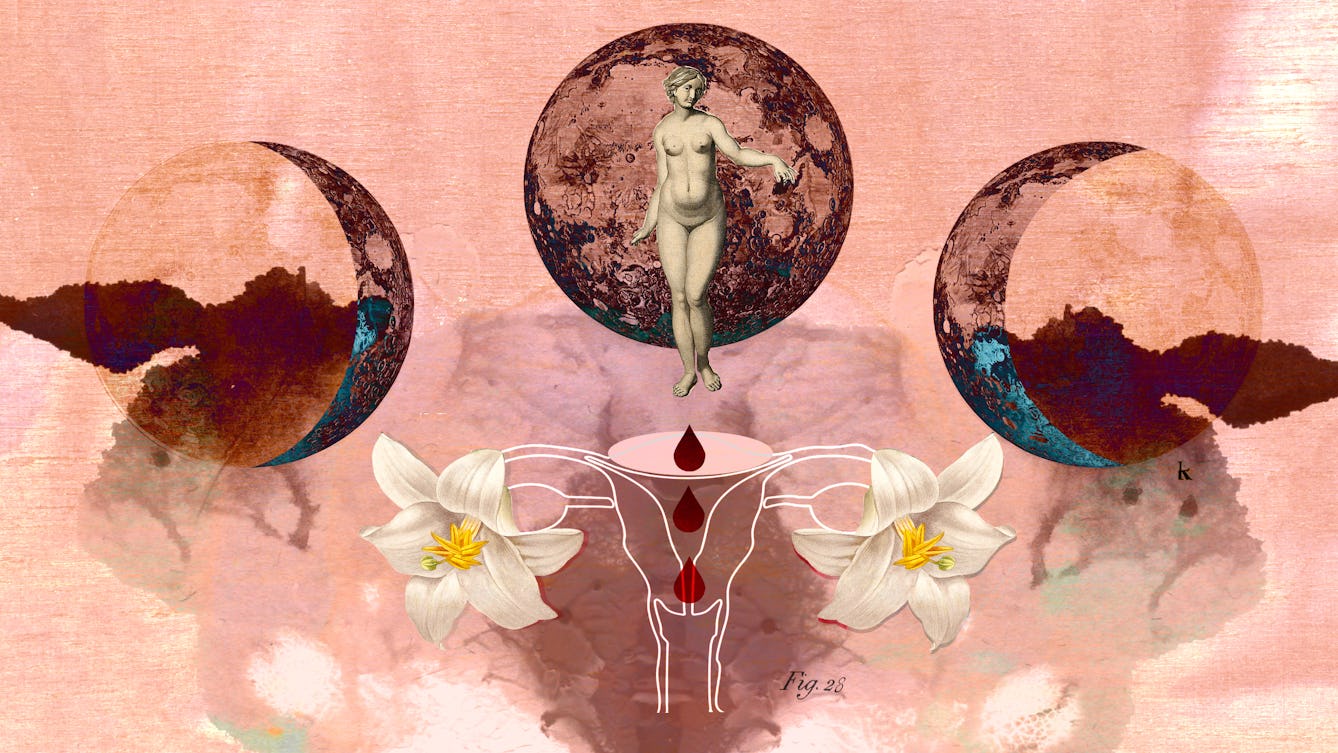
- Article
- Article
Menstruation, magic and moon myths
Why do stories cloaking periods in magic and mystery persist? Pragya Agarwal argues against myth-making and for inclusive menstrual education, grounded in fact.

- Article
- Article
Busting myths about turkey-baster babies
The popular idea of sex-free, turkey-baster-led conception has been around since the 1970s. Christine Ro goes beyond the utensils drawer to find out if it’s ever really happened.

- Article
- Article
The female fight to reclaim our space in the mosque
Salma El-Wardany tells of the fight to reclaim spaces for women in the mosque and further afield.

- Article
- Article
Shame, condemnation and conscience
Where does shame comes from and what fuels it? Lucia Osborne-Crowley explores audience, gender and the difference between shame and guilt, asking if either can ever be useful.

- Article
- Article
Living with less for spiritual gain
Today, a minimalist lifestyle is trumpeted as a route to happiness. Find out what religious ascetics from history and modern proponents of the spartan-looking home can teach us.

- Article
- Article
Rag mags and monthly issues: Five period zines to stop you seeing red
Using humour, personal experience and political activism to explore the bloody reality of menstruation.

- Article
- Article
The indelible harm caused by conversion therapy
With first-hand evidence from two powerful testimonies, neurologist Jules Montague explores the destructive history of conversion therapy, a punitive treatment designed to ‘cure’ people of homosexuality.